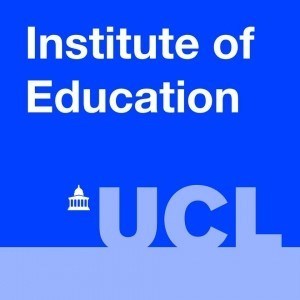Photos of university / #ucl
The new African Studies degrees at UCL draw on world-leading research and expertise from across the university, and offer a unique opportunity to choose one of three distinct pathways. In the African Studies with Education MA students will come to understand some of the challenges surrounding education in contemporary Africa - including poverty, inequality, gender, education and employment, education and technology; vernacular education and the diaspora.
The degree pathways share a common core, comprising modules on the continent’s political and economic past and present. In addition, the Education pathway explores aspects of education and learning, through a bespoke 'African Studies and Education' core module and a range of advanced optional modules drawn from the UCL Institute of Education and other UCL departments.
Students undertake modules to the value of 180 credits.
The programme consists of three core modules (45 credits), three optional modules (45 credits), and a dissertation/report (90 credits).
Core modules
- Africa: Dialogues of Past and Present
- Debating Africa's Future
- African Studies and Education
Optional modules
Students choose three from a range of optional modules including the following:
- Education and International Development: Concepts, Theories and Issues
- Planning for Education and Development
- Education, Conflict and Fragility
- Learners, Learning and Teaching in the Context of Education for All
- Education in Muslim Communities
- Gender, Education and Development
- Promoting Health and Wellbeing: Planning, Practice and Participation
- Cultural Heritage, Globalisation and Development
- Cultural Memory and Identity
- Research Methods in African Studies
- Performance, Visual Media and Popular Culture in Africa
- Archaeology and Education
Dissertation/report
All students undertake an independent research project which culminates in a dissertation of 15,000 words.
Teaching and learning
The programme is delivered through a combination of lectures and seminars and guided independent research. Assessment is through essays, portfolio, research proposal and examination.
A minimum of an upper second-class Bachelor's degree in a relevant discipline from a UK university or an overseas qualification of an equivalent standard.
Want to improve your English level for admission?
Prepare for the program requirements with English Online by the British Council.
- ✔️ Flexible study schedule
- ✔️ Experienced teachers
- ✔️ Certificate upon completion
📘 Recommended for students with an IELTS level of 6.0 or below.






